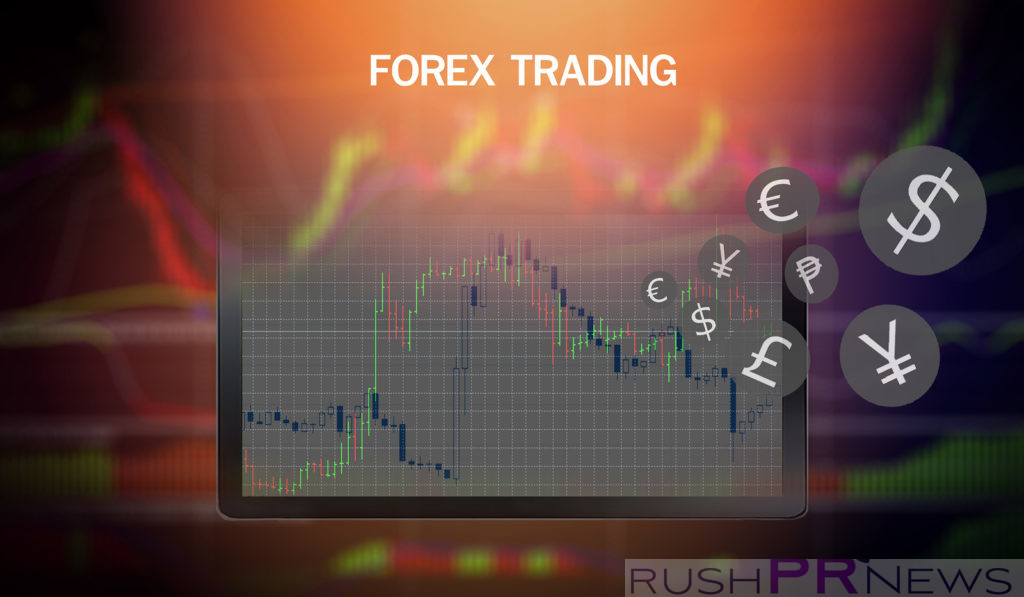We have heard of main trading markets such as the stock market, bonds (the debt market), and physical assets. One type of trading that has been making an appearance is the forex market. What does it deal with, and why are investors draw to it?
Forex trading, short for foreign exchange trading, is the act of exchanging one currency for another at a bank or foreign exchange broker. The person exchanging their money would receive the foreign currency at the exchange rate set by the bank or broker.
How Does Forex Trading Work?
Forex traders make exchange rate predictions through patterns of price movements, and conduct transactions in an over-the-counter (OTC) market. The forex market consists of a decentralized global network of banks and organizations, and trading is available 24 hours a day. If traders are correct in their speculation, they will earn their profit from the trade.
Exchanging Currencies
When trading, the currency is shown as a pair – one that is being sold while the other is bought. Currency pairs are listed as a three-letter code. The first two letters stand for the region, and the last letter stands for the currency itself.
Forex Brokers
In the beginning, it is highly advised to work with a good forex broker first offers a demo account like Tickmill. With a forex broker, traders are given access to the foreign exchange market, a platform where they can perform forex trading transactions. Brokers may work with individual clients or larger institutional firms.
Forex Trading Leverage
One of forex trading’s greatest benefits is its leverage. The moves made in the forex market are smaller, quicker investments in a small amount of time. This kind of market grants brokers much more leverage compared to other markets.
Leverage in forex trading is the use of borrowing funds from a broker to increase one’s trading position. This is usually done if someone wants to take advantage of price changes between currencies. The leverage is what places forex trading in advantage compared to dealing with stocks.
However, leverage can be a double-edged sword, especially in forex signals telegram; the strategy amplifies both profits and losses. The same does not apply for margin-based leverage. A good rule of thumb for traders is not use all of their available leverage unless they are sure they have the high ground.
The Bottom Line
In many ways, forex trading is similar to other markets such as stocks, bonds, and others. Beginners who are interested can test it out in a simulator before starting any real trading.
The important thing is to make educated guesses, and not to be discouraged if the trade does not work in one’s favor. The demo account offers many advantages, one of which is a simulation of a real trading experience. Understanding the market and profiting off of forex trades is an attainable goal for anyone.




